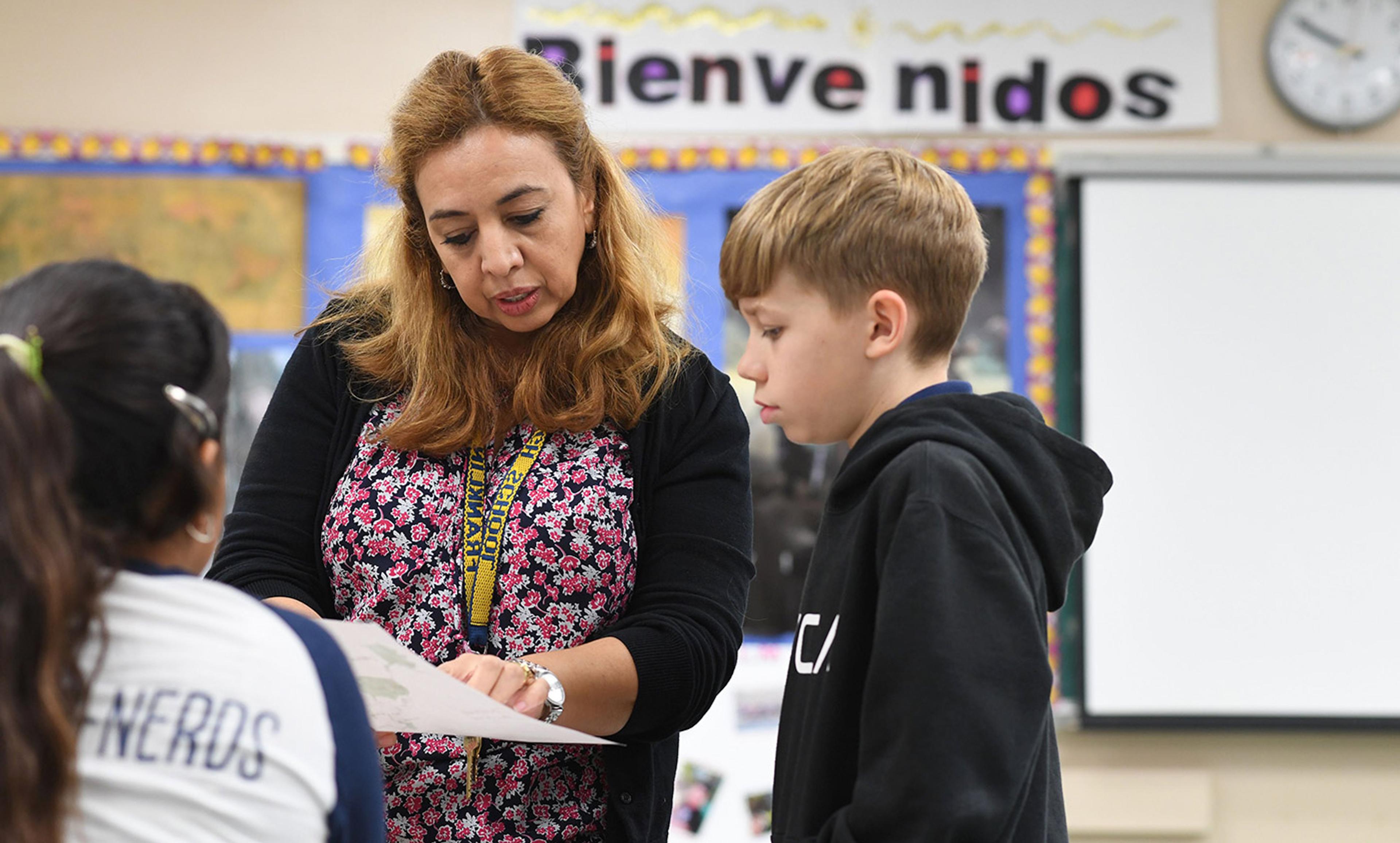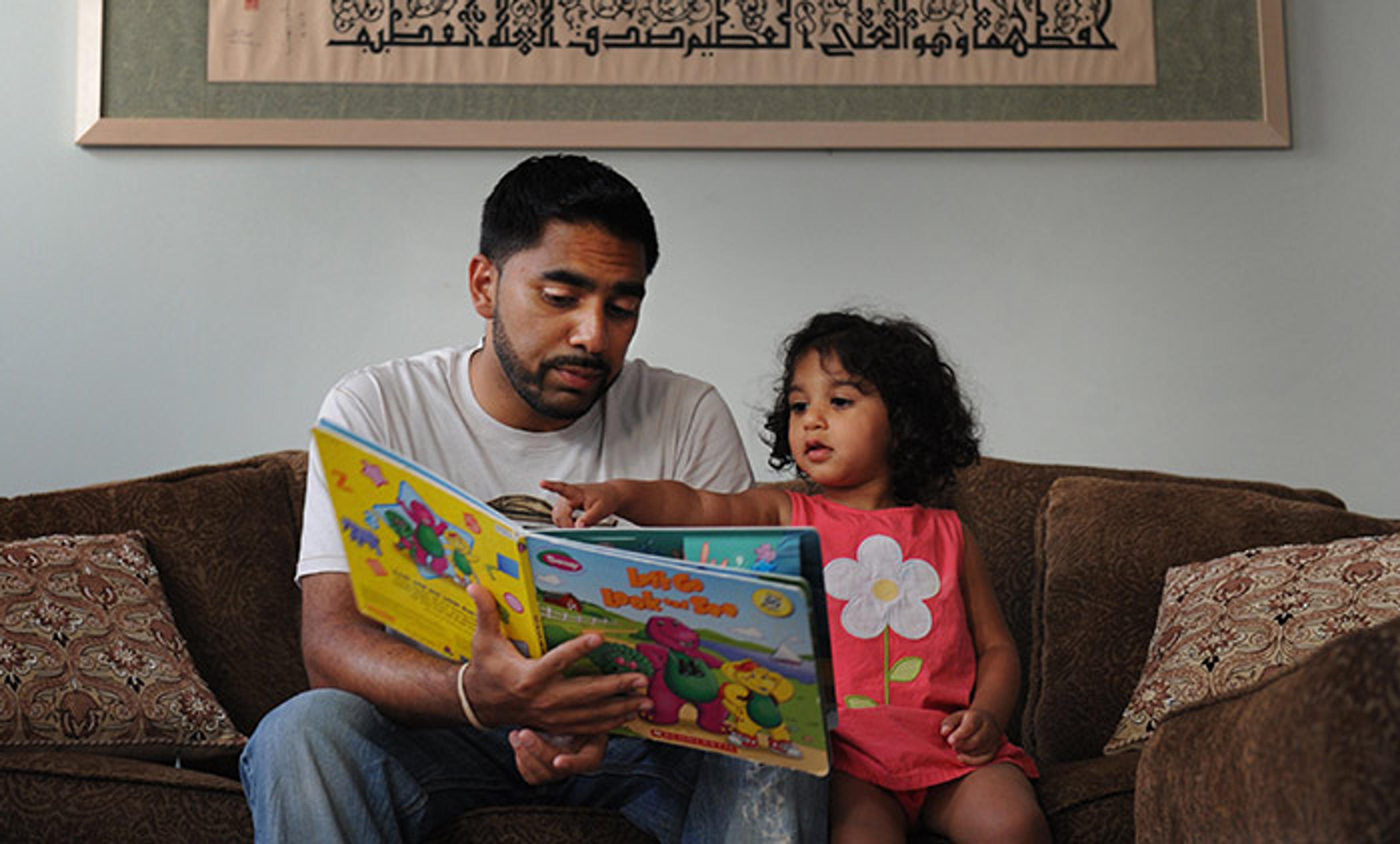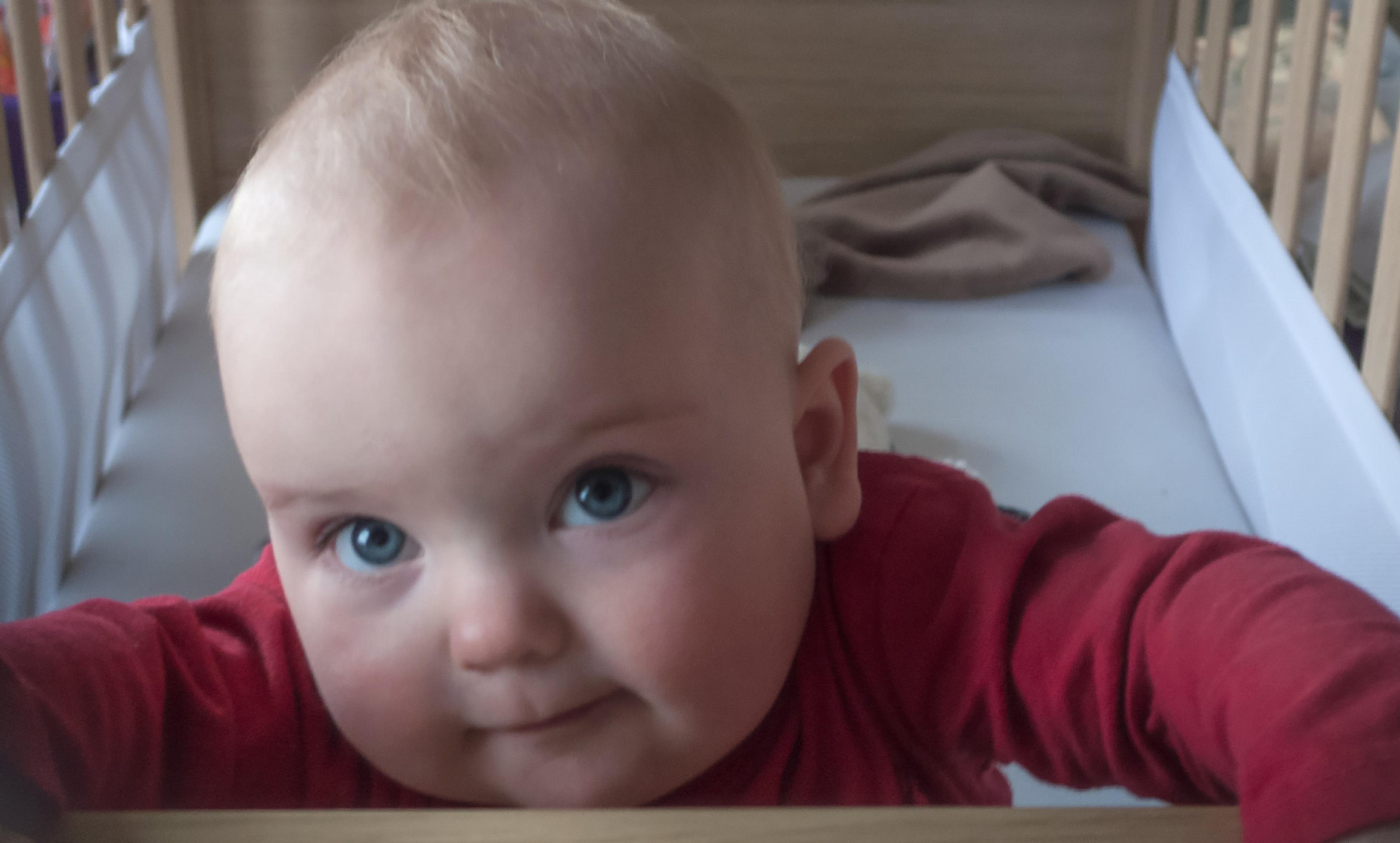French Menu Photo by Chris Cameron/Flickr
Remember the last time you took a language course? No matter if it was online or classroom-based, immersive or translation-focused, I’d bet a large sum that your language abilities when you left that course were different from those of your peers. Perhaps you are like my husband, better at reading and writing than speaking in a second language. Perhaps you are like me, a whizz in the classroom but a bit shy in real life. Maybe you’ve got the basics down, but not much else.
These types of individual differences exist in every field, from mathematics and music to art and athletics (consider the difference between Olympic gold medalist Simone Biles and the rest of the United States women’s gymnastics team). But in my own field, the psychology of second-language acquisition, the reason for the difference has remained unclear: why does learning a new language come easier to some than to others?
I became interested in individual differences in second-language acquisition as early as middle school, although I would never have phrased it that way back then. Rather, I wondered why I really enjoyed learning Spanish (and later, Italian) while other students struggled. This question has stuck with me, and ever since then I have been working to figure out why and how individual people learn languages differently.
Most recently, I was excited to find that neuroscientist Xiaoqian Chai and her colleagues at McGill University in Montreal have been using resting-state fMRI (a technique that measures brain activity by tracking oxygen flow while a person is awake but not doing a task) to investigate exactly this question. Looking at students in an intensive 12-week French immersion course, they found large individual differences in language improvement.
To do the study, published this year in The Journal of Neuroscience, the researchers scanned the brains of native English speakers before beginning the immersion course, which involved practising French six hours a day, five days a week, while living in the bilingual environment of Montreal in Quebec. If you want to learn a language quickly, this is the way to do it.
Rather than relying on course grades or self-report, the McGill team collected spontaneous speech data (by asking participants to, say, tell them about a day at the beach) and reading samples in both French and English before and after the course. Analysis of the brain scans revealed that differences in improvement of each behaviour were related to pre-existing differences in brain connectivity. In short, the flow of oxygen in the participants’ brains while at rest predicted how much specific aspects of speech or language skills would improve.
To conduct this analysis, the researchers started with some predictions about the connection between functional brain activity and language skills. Based on previous research, they knew that reading elicits oxygen flow to the visual word-form area of the brain, and that speaking calls on the medial inferior frontal gyrus. Using each of these brain regions as a base, the McGill scientists then computed connections to the rest of the brain. Then they used regression analysis (a statistical method for estimating relationships among variables) to look at each person’s connectivity map in the context of improvement in reading and speaking scores.
Not surprisingly, each skill – reading and speaking, respectively – depended on different functional connections in the brain. Reading, but not speaking, was dependent on connections between the mid-superior temporal gyrus and the visual word-form area. In contrast, speaking, but not reading, depended upon connections between the anterior cingulate cortex and the posterior superior temporal gyrus with the medial inferior frontal gyrus. For both skills, greater connectivity before training was associated with larger gains in language performance after the period of immersion.
These findings beg even more questions: if connectivity predicts learning, how do we predict connectivity? What can we do, as scientists and educators, to facilitate these connections?
One way to understand this might be to dive deeper into learners’ skills in their first language – in this case, English. Although Chai and colleagues did not report individual differences in their learners’ English skills before training, I can’t help but draw a connection to the literature on dual-language learners in the US. That research emphasises that a strong first language is the key to acquiring a strong second language, especially in children. Consequently, it’s possible that some of the differences in connectivity might have been due to the participants’ pre-existing language skills: how much the participants read, or how social they were, in their first language.
Another critical question is: what happened after the course? Did the poorer learners show greater increases in connectivity (because they had more room to grow, so to speak) or less (because there is a more direct relationship between connectivity and performance)?
Few studies have been able to track real learners over long periods of time due to expense and high drop-out rates, so we still don’t know the answers to these questions. I have first-hand experience with how difficult long-term studies are: With the help of my advisor and colleagues at the Pennsylvania State University, I followed a small group of Spanish learners over one year of instruction. We found that different areas of the brain – and different cognitive skills – came into prominence as more of the second language was learned.
As we understand more about the way language is learned, we’ll be able to translate that knowledge into techniques that play into each individual’s strengths. The next generation of middle-schoolers are coming into a world that’s more globalised than ever before, and they are going to need our help.






